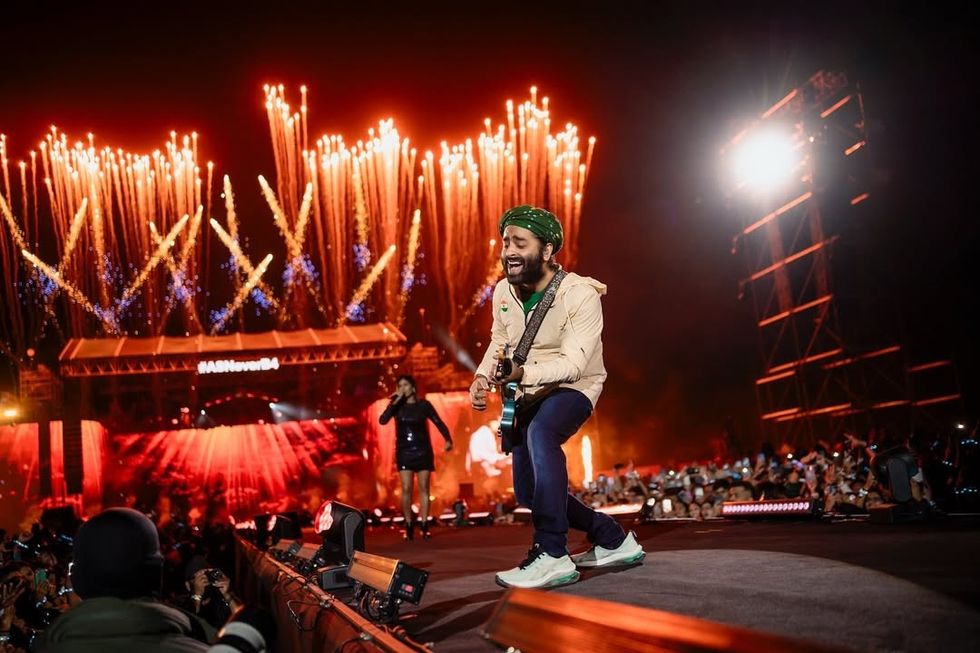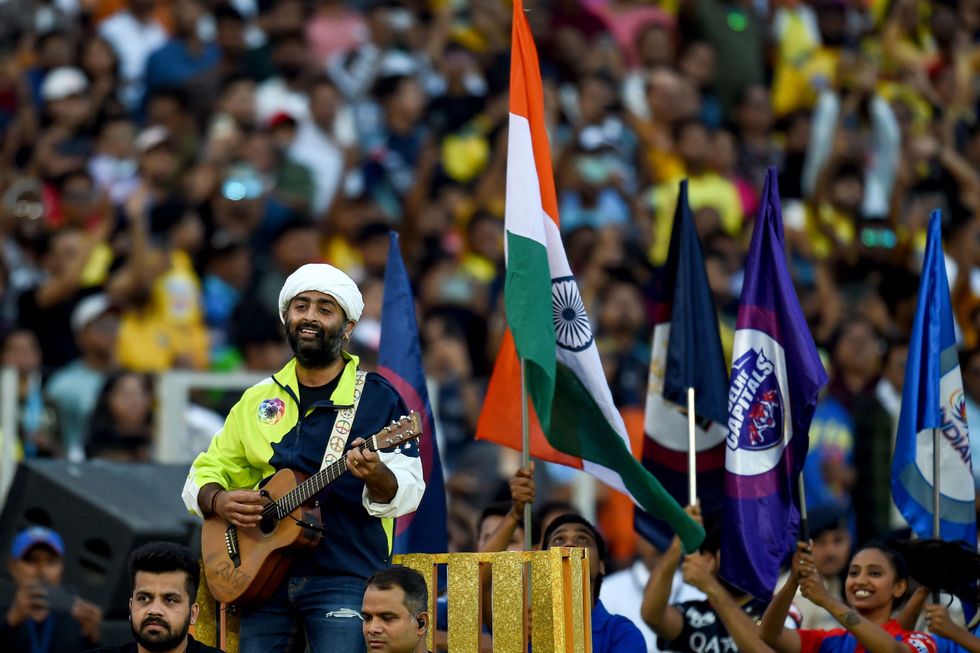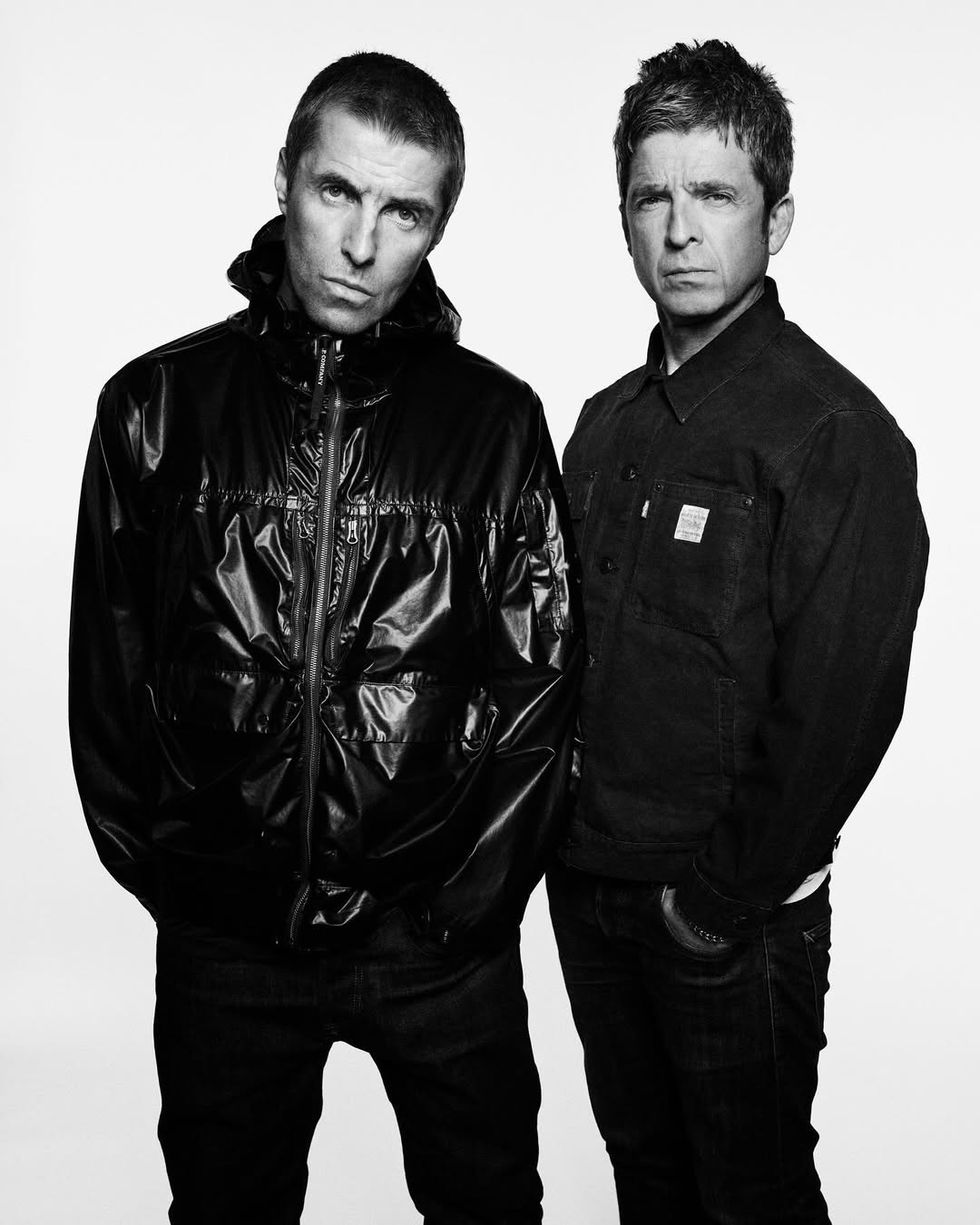A House of Lords inquiry has conveyed that Rishi Sunak’s Rwanda treaty is unlikely to alleviate concerns raised by the Supreme Court regarding the country's suitability for sending asylum seekers.
As the legal and human rights communities prepare for a showdown on the legislation, the Law Society, along with academics and human rights groups, voices apprehensions that the treaty could undermine the rule of law and emphasises the untested nature of Rwanda's proposed asylum system.
The Law Society points to the recent supreme court judgment against Rwanda's asylum policy, highlighting structural issues within the country's asylum system.
They express doubts about the treaty and additional measures effectively addressing the supreme court's concerns.
In their evidence to the Lords international agreements committee, the Law Society expresses alarm at the UK government's attempt to use law to alter facts, stating that such actions significantly undermine the rule of law and the constitutional role of the courts, The Guardian reported.
The Immigration Lawyers Practitioners Association, in collaboration with the human rights organisation Justice, also expresses skepticism, suggesting that the treaty and Rwanda's assurances may not be enough to alleviate the concerns raised by the supreme court.
Academic legal experts, Prof Catherine Briddick and Prof Cathryn Costello, jointly release an assessment arguing that the use of an international treaty does not automatically make Rwanda a safe country.
They emphasise that the assessment of safety is an empirical matter, not solely a legal one, and caution against assuming safety based solely on the conclusion of an international treaty.
The Bar Council raises concerns about the untested nature of the proposed new arrangements for Rwanda's asylum system, stating that their effectiveness depends on implementation and scrutiny. They anticipate that the treaty's alignment with the supreme court's concerns may be tested in the courts.
The treaty, signed after the supreme court struck down Sunak's initial plan, seeks to overhaul Rwanda's asylum system and introduce independent scrutiny mechanisms. It forms the basis for Sunak's new legislation declaring Rwanda a safe place for deporting asylum seekers entering the UK via small boats.
While the UK government defends the legal robustness of the treaty's proposed system, critics, including the Commons home affairs committee, call for a separate debate on the UK-Rwanda treaty.
The prime minister is preparing for a Commons battle on Tuesday and Wednesday next week over the legislation. Sir Robert Buckland, the former justice secretary, has proposed several amendments to the safety of Rwanda bill, including one that would eliminate clauses declaring it a safe country.
Conservative moderates are anticipated to refrain from rebellion unless concessions are made by Sunak to right-wing MPs representing the “five families” of factions opposing international treaties that can impede flights.
Suella Braverman, the former home secretary, and a prominent figure among the right-wing rebels, confirmed on Friday (12) that she would vote against it in its current form.
Speaking to GB News, she said, “I’m only going to support a bill that works as currently drafted. This bill does not work. And if there are no improvements to it, I will have to vote against it. I’m sent to parliament to vote for things or to be against them, not to sit on the fence.”
On Friday, the Commons home affairs committee called for the government to allocate time for MPs to deliberate and form an opinion on the UK-Rwanda treaty, distinct from their work on the Rwanda legislation.
The House of Lords inquiry into the Rwanda treaty by the international agreements committee, led by Peter Goldsmith KC, serves as the primary venue where the deal itself is undergoing comprehensive scrutiny within parliament.






 Priyanka Chopra calls herself nascent in Hollywood as 'Heads of State' streams on Prime VideoGetty Images
Priyanka Chopra calls herself nascent in Hollywood as 'Heads of State' streams on Prime VideoGetty Images  Priyanka Chopra wants to build her English film portfolio after Bollywood successGetty Images
Priyanka Chopra wants to build her English film portfolio after Bollywood successGetty Images  Ilya Naishuller, Priyanka Chopra and John Cena attend the special screening for "Head of State" Getty Images
Ilya Naishuller, Priyanka Chopra and John Cena attend the special screening for "Head of State" Getty Images








 Arijit Singh performing Instagram/
Arijit Singh performing Instagram/ Arijit Singh clicked during a performance Getty Images
Arijit Singh clicked during a performance Getty Images 


 Liam Gallagher accepts Oasis' award for 'Best Album of 30 Years' Getty Images
Liam Gallagher accepts Oasis' award for 'Best Album of 30 Years' Getty Images  Liam Gallagher plays to a sell out crowd at the Universal AmphitheatreGetty Images
Liam Gallagher plays to a sell out crowd at the Universal AmphitheatreGetty Images Liam and Noel Gallagher perform together in Cardiff for the first time since 2009 Instagram/oasis
Liam and Noel Gallagher perform together in Cardiff for the first time since 2009 Instagram/oasis